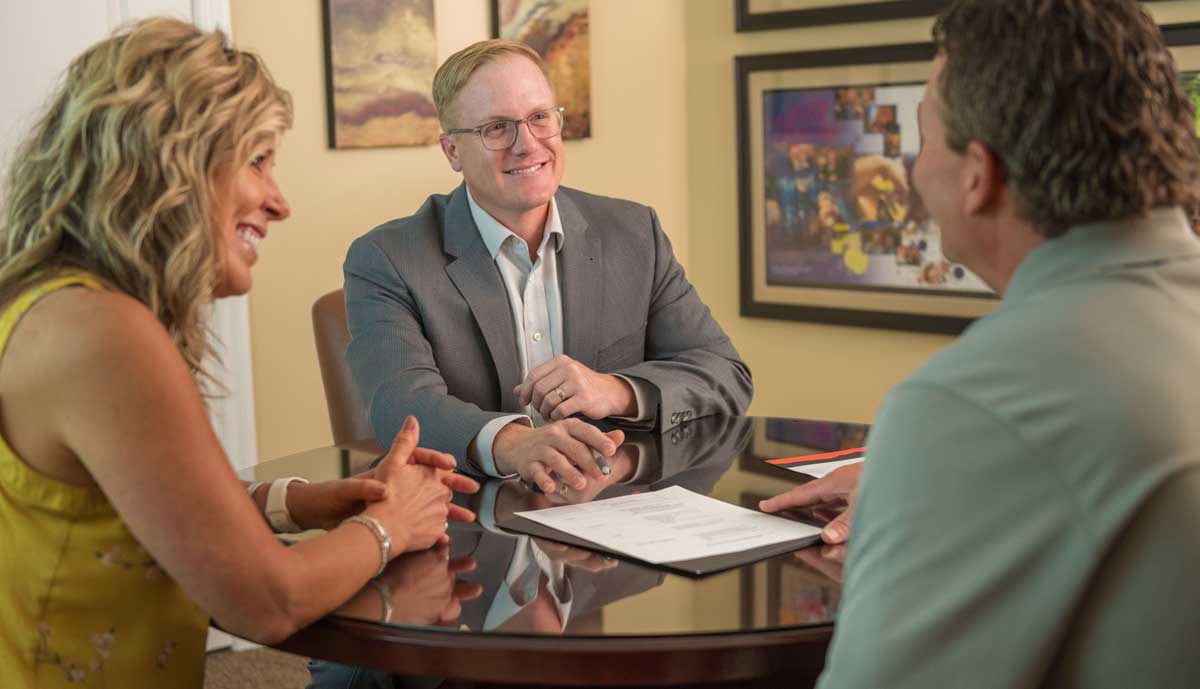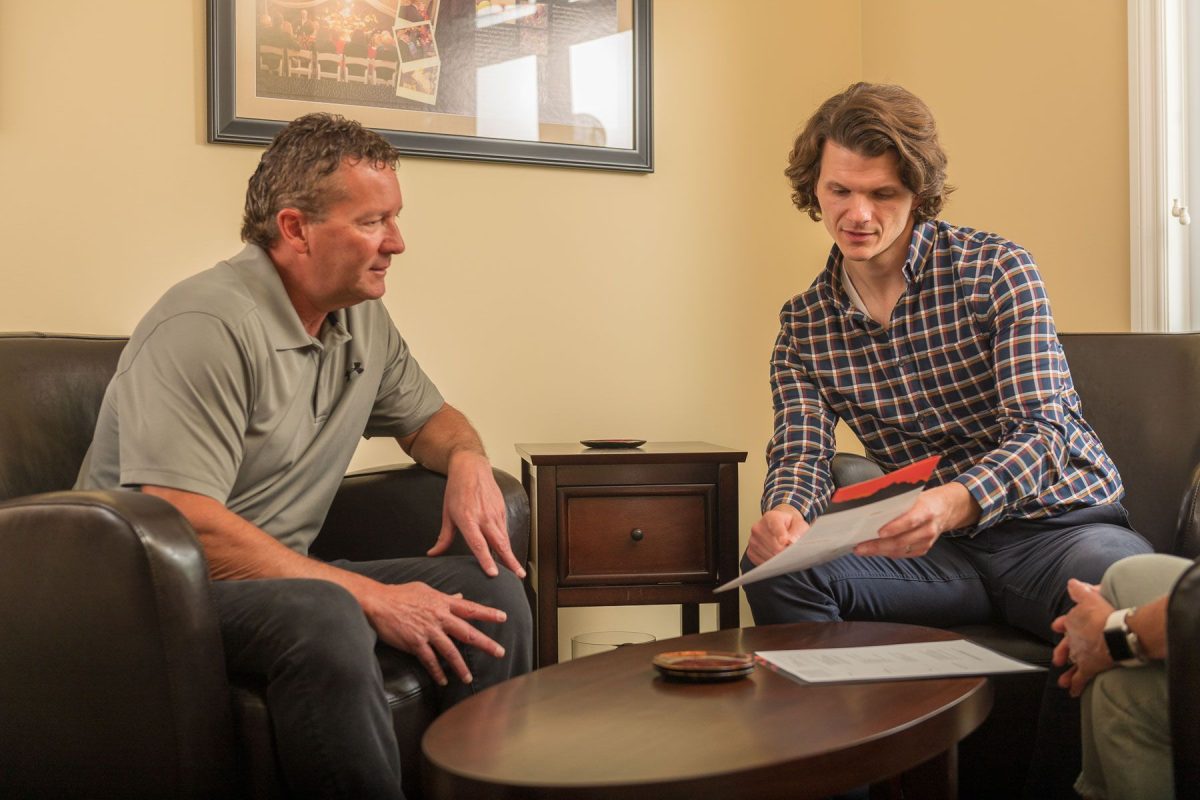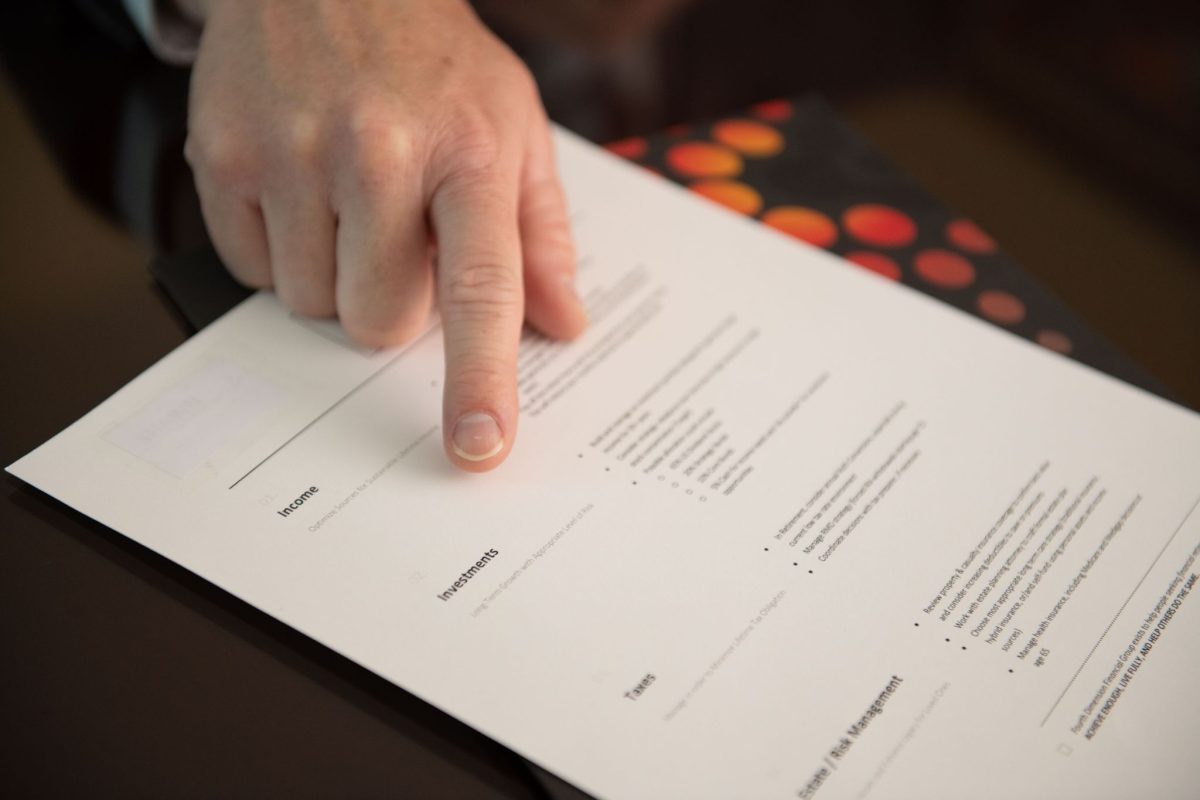With a pandemic altering so much of our daily lives, a presidential election looming, and no new episodes of our favorite TV shows being added to Netflix, a lot of us are feeling anxious. What I describe as a ‘blanket of anxiety’ seems to have been laid over all of us, causing all sorts of confusing feelings over otherwise normal events. This blanket feels quite heavy at times and just can’t seem to be shaken off. We wonder to ourselves, “when will this all ease up?”
Back in April, at the very beginning of the lockdowns, we sold our house. The timing was wild because we had no idea what was going to happen in the world around us and we now had to navigate a move to a different house, one of the most stressful events a family of eight can face. And while the move went as well as it could have (it was awful), one unique aspect of this wonderful new place has caught me off guard in the feelings category. This house has a pond and that’s where we get our drinking water. And while that may sound strange, it’s actually a wonderful thing. The high-tech water treatment system we have results in the best tasting water I’ve ever had, and we don’t have to pay a water bill to get it; it’s really nice. However, there’s an aspect to this that has added weight to my anxiety blanket.
Have you noticed how little rain we’ve received this summer? I have. I can count four good rains since June. How do I know this? Well, when your family’s water is supplied by your pond, which is refilled by the rain, you begin to pay close attention to the water level. When the water level is dropping, you celebrate the rain in a way that you didn’t anticipate. It has the power to alter one’s mood quite dramatically, at least it does mine. And when there’s so little rain, you begin to look for ways to use less or to get more. And this got me thinking.
When a person retires, they effectively become a pond person. The pond water is a retirement nest egg. When the water level drops – or when the account value drops – a blanket of anxiety appears. “What if we run out?” When working, the paychecks keep coming and the accounts stay full, often growing in value. The notion that you may run out hasn’t really set in yet. But once you give up that seemingly endless city water – the paychecks – it’s on you to keep the levels up. And if outside forces threaten your level, it can be very stressful.
So how does one keep from becoming victim to falling water levels in their retirement accounts? What remedies are there for using too much money too soon?
Work longer – When we work to an older age, there are fewer years of retirement remaining so the money saved doesn’t have to last as long.
Spend less – By reducing normal expenses in retirement, the draw on retirement funds is less, allowing the nest egg to last longer.
Save more – When the paychecks are still coming in, find a way to set aside a bit more of them, thus adding more to the nest egg.
Invest with a long-term approach – Giving more time to your investments to grow usually results in larger account values because you can invest a bit more aggressively.
Utilize income-focused investments – Not all investments are created equal when it comes to providing income. Owning stocks that pay dividends, for example, means the stock is paying you to own it even if the value of the stock doesn’t rise.
Consider guaranteed income products – Annuities were invented to provide retirees with a stream of guaranteed income regardless of the value of the stock market. When used as part of an income strategy, annuities can help keep the pond full.
Get a part-time job – Nothing takes the pressure off the nest egg like a new source of income. Working part-time can be profitable and fun, getting you back out there to face new challenges.
Insure against health cost catastrophes – A costly stay at a nursing home can drain the pond faster than any other event. There are ways to insure against this if you’re inclined to do so.
Employ tax-sensitive strategies – Using a tax-sensitive withdrawal strategy from retirement accounts may result in less taxes owed and more income to you.
While none of these strategies alone will serve as the remedy for the retirement anxiety blanket, a combination of them may. That’s why we develop an income and investment strategy and review and adjust the strategy each year. When it rains and the stock market soars, it’s a great feeling to have our levels replenished. But when there’s a draught, and relentless hot sun, and lots of uses for the water, it can cause sleepless nights for sure. Layering a pandemic on top of a contentious election is not fun when you’re relying on a nest egg to sustain you. But with some thoughtful discussion and planning, we can get through this, we can keep your pond full enough.
If you’re feeling anxious, you’re not alone. Please consider talking about it so you’re not suffering unduly. It turns out there are ways to refill your pond, but you won’t know how until you seek the answers.
All the best,

Adam Cufr, RICP®
Recent Articles

Show Your Work: Why Transparency Matters in Retirement Planning

Unlocking the Mystery of Income Taxes

Social Security Strategy: Do You Have One?

Pension Decision: Just One Critical Piece of Information Is Needed to Decide



